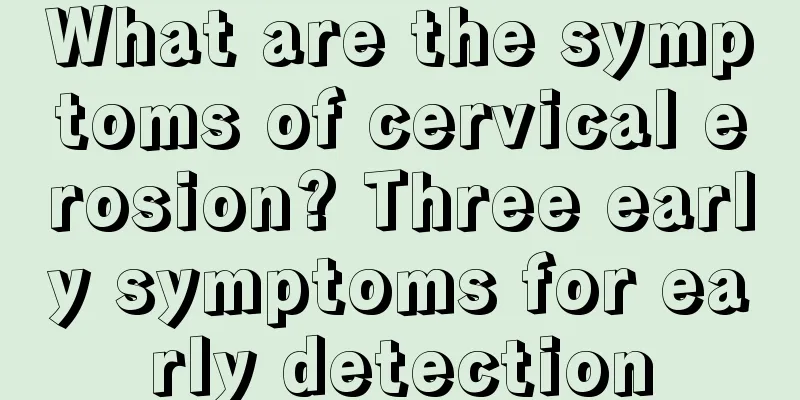2023 "Pharmacy Popular Science Works" Essay Exhibition | Learn about Helicobacter pylori and look at these questions!

|
At the window of the hospital outpatient pharmacy, patients undergoing Helicobacter pylori eradication treatment often complain like this: "What kind of black-hearted doctor is this? He prescribed a large package of medicine for commissions. He makes money in a dishonest way..." "So many medicines, I've taken them all, no need to eat..." "Oh my god, there are so many medicines. You should have told me to carry them in a backpack..." "Is this doctor wrong? I just feel a little uncomfortable in my stomach. I took so many medicines, but it made me feel worse..." Why do these patients complain like this? It is because they do not know or do not fully understand Helicobacter pylori and its treatment. Currently, the clinical cure of Helicobacter pylori requires combined medication. Using a single drug is not effective and is prone to drug resistance. Helicobacter pylori is a spiral-shaped bacterium that exists in the stomach and duodenal bulb. The bacterium has a strong ability to survive and is the only bacterium that can "station" in the stomach. According to the largest epidemiological survey of Helicobacter pylori infection in the world so far published by Chinese scholars in the journal "Gut" in 2023, the overall infection rate of Helicobacter pylori in Chinese families is 71.2%. That is to say, in terms of families, 71 out of 100 families have at least one person infected with Helicobacter pylori. The urea breath test (13C and 14C breath test) is one of the most commonly used methods for clinical detection of Helicobacter pylori. It has many advantages such as simplicity, speed, painlessness, high accuracy and low price. Most domestic medical institutions can perform the test. Helicobacter pylori infection is a high-risk factor for gastric cancer, but it does not mean that as long as you are infected with Helicobacter pylori, you will definitely get gastric cancer. In addition to Helicobacter pylori, the occurrence of gastric cancer is also related to many factors. High-salt diet, obesity, smoking, ham and bacon are all risk factors for gastric cancer. Therefore, the results of Helicobacter pylori infection in different groups are also different. About 30% of people infected with Helicobacter pylori will experience uncomfortable symptoms, such as stomach pain, bloating, acid reflux, heartburn, etc., while the other 70% of infected people have basically no symptoms. Many people believe that if there are no symptoms, there is no need for treatment. Not true! In general, it is recommended to conduct targeted eradication treatment after the Helicobacter pylori infection is discovered. In special cases, you can also weigh your own situation and the benefits and risks of treatment. Eradicating Helicobacter pylori has many benefits. First, eradicating Helicobacter pylori is the main means to prevent the occurrence and recurrence of gastritis, peptic ulcer, and gastric cancer; second, eradicating Helicobacter pylori can prevent cross-infection among family members. Helicobacter pylori is a contagious bacterium that is mainly transmitted through the oral-oral or fecal-oral route. Developing good hygiene habits in daily life can effectively cut off the transmission route of Helicobacter pylori: 1. Use serving spoons and chopsticks or separate meals when eating together; 2. Wash your hands promptly before meals and after defecation; First of all, eating garlic cannot kill Helicobacter pylori. Secondly, toothpaste can only act on Helicobacter pylori in the mouth, but not in the stomach. Therefore, it is unrealistic to eliminate Helicobacter pylori by brushing your teeth. Finally, probiotics can be used as an adjunct therapy for the eradication of Helicobacter pylori and alleviate bacterial flora imbalance associated with antibiotics and other drugs, but they cannot kill Helicobacter pylori when used alone. At present, the clinical eradication of Helicobacter pylori generally uses a quadruple drug therapy of "proton pump inhibitor + 2 antibiotics + bismuth", which is taken once in the morning and evening for a total of 14 days, with an eradication rate of >90%. Therefore, don't complain about taking too many medicines! During Helicobacter pylori eradication therapy, the following points should be kept in mind: 1. Take medication regularly for a full course of treatment; 4. A follow-up examination is required one month after the treatment is completed. If the effect is not good, the doctor will adjust the treatment plan. |
<<: Is there really no way to deal with antibiotic resistance? Future antidotes to "superbugs" →
>>: The Fantastic Journey of the Blood Lipid Family
Recommend
Popular Science Stamp Collecting | Robert Koch and the Discovery of Tuberculosis
Tuberculosis was a very terrible disease in the p...
Six foods that can relieve menstrual pain in women
Studies have found that calcium supplements can e...
What is the only way to win in chess? Is chess a national treasure?
In my country, Confucian culture has been deeply ...
Postpartum pelvic recovery exercises, 5 methods for you to choose!
Under normal circumstances, the pelvis will recov...
Brown bleeding between periods
Menstruation is a regular physiological phenomeno...
What is the relationship between the magnetic poles and direction of a magnet? How long is the life of a magnet?
Magnets can generate magnetic fields and have the...
The first time I made love, there was only a little blood
Some women only have a small amount of blood in t...
Can soaking your feet in ginger cure uterine cold? Is it effective?
The problem of cold uterus has attracted much att...
Ways to help you get pregnant
There is no couple who doesn't want to have t...
Is it true that Wandoujia has been removed from the shelves? Why was Wandoujia removed from the shelves?
Wandoujia was once a very popular third-party And...
Causes of high prolactin in women
Lactin is a peptide growth hormone. Exists in wom...
Does ovulation occur three days after menstruation?
Women not only have menstruation when the endomet...
What is the knowledge of safe contraception?
Nowadays, people don’t know much about contracept...
Can I eat sour jujube during menstruation?
During menstruation, women need to pay attention ...
What are the methods for maintaining ovaries at the age of 36?
Nowadays, health care has become a very fashionab...









